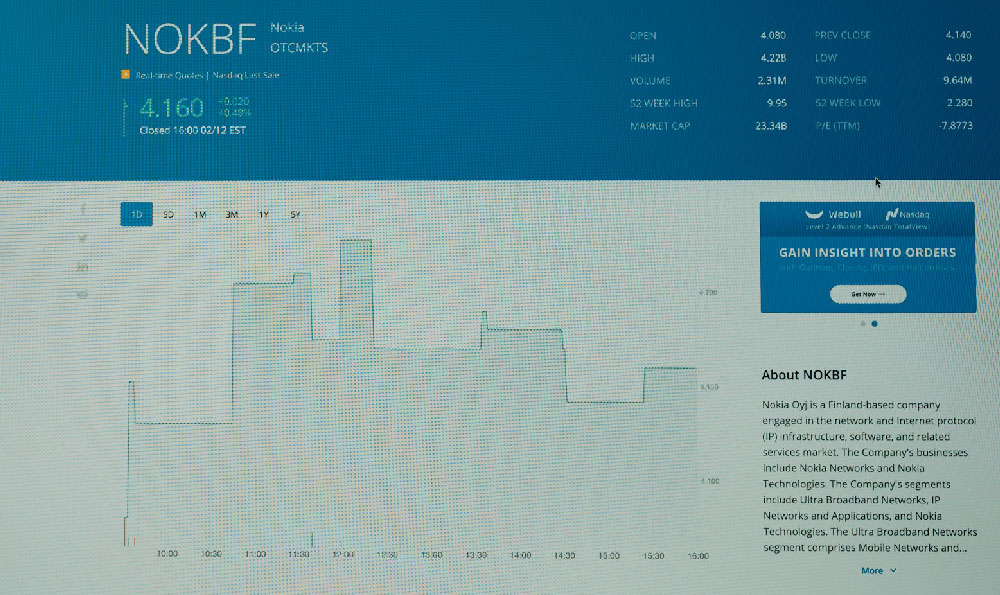
Navigating unemployment can be a challenging period, both emotionally and financially. The loss of a steady income stream can trigger significant anxiety, but it's crucial to remember that this situation, while difficult, is often temporary. Moreover, unemployment presents a unique opportunity to re-evaluate your skills, explore new avenues, and potentially discover income-generating activities that align better with your interests and long-term goals. The key lies in proactive planning, resourceful thinking, and a willingness to adapt to the changing landscape of work.
One of the first steps to take when facing unemployment is to realistically assess your financial situation. Create a detailed budget outlining your essential expenses, such as housing, food, utilities, transportation, and healthcare. Identifying areas where you can cut back is crucial for conserving your resources and extending your financial runway. Explore options for temporary relief, such as unemployment benefits, government assistance programs, or emergency funds. While these resources may not fully replace your previous income, they can provide a much-needed safety net during your job search.
Beyond immediate financial stability, focusing on skill development and career advancement is paramount. The job market is constantly evolving, and acquiring new skills or upgrading existing ones can significantly enhance your employability. Online learning platforms like Coursera, edX, and Udemy offer a vast array of courses and certifications, many of which are free or offered at a discounted rate. Consider learning a new programming language, mastering data analytics tools, improving your marketing skills, or delving into project management methodologies. Investing in yourself during unemployment is an investment in your future earning potential. Furthermore, take advantage of free resources offered by local libraries, community centers, and government agencies, which often provide workshops on resume writing, interview skills, and career counseling.

In parallel with your job search and skill development efforts, actively explore opportunities to generate income through various means. The gig economy offers numerous options for freelance work, allowing you to leverage your existing skills and experience to earn money on a project-by-project basis. Platforms like Upwork, Fiverr, and Freelancer.com connect freelancers with clients seeking services such as writing, editing, graphic design, web development, virtual assistance, and marketing. Be prepared to create a compelling profile, showcase your portfolio, and actively bid on projects that align with your skillset. While the competition can be fierce, consistently delivering high-quality work and building a strong reputation can lead to repeat clients and a steady stream of income.
Beyond online platforms, consider exploring local opportunities for part-time or temporary work. Retail stores, restaurants, and delivery services often experience seasonal demand and may be actively hiring. Temporary staffing agencies can also provide access to short-term assignments in various industries. While these jobs may not be ideal long-term solutions, they can provide immediate income and valuable work experience while you continue your job search. Networking is crucial during unemployment. Reach out to former colleagues, friends, and family members to let them know you're looking for work and inquire about potential leads. Attend industry events, job fairs, and networking gatherings to connect with professionals in your field and learn about job openings. Building relationships and expanding your network can significantly increase your chances of finding a suitable job.
Another avenue to explore is monetizing your hobbies or passions. If you enjoy writing, consider starting a blog or creating content for other websites. If you're skilled in photography, offer your services for events or create stock photos for online marketplaces. If you enjoy crafting, sell your handmade goods on Etsy or at local craft fairs. Turning your hobbies into income-generating activities can not only provide financial support but also offer a sense of purpose and fulfillment during unemployment.
Consider the possibility of starting your own small business. Unemployment can be a catalyst for entrepreneurship, providing the time and motivation to pursue a long-held business idea. Starting a business requires careful planning, market research, and financial investment, but it can also offer the potential for long-term financial independence and personal satisfaction. Begin by identifying a need in the market, developing a business plan, and securing funding through loans, grants, or personal savings.
Selling unused items can also provide a quick and easy way to generate income. Declutter your home and sell unwanted clothes, electronics, furniture, and other items on online marketplaces like eBay, Craigslist, or Facebook Marketplace. Hosting a garage sale can also be a profitable way to dispose of unwanted items and earn some extra cash.
Finally, remember to prioritize your mental and physical health during unemployment. The stress and uncertainty of joblessness can take a toll on your well-being. Maintain a regular exercise routine, eat a healthy diet, and get enough sleep. Engage in activities that you enjoy and that help you relax and de-stress. Seek support from friends, family, or a therapist if you're struggling with anxiety or depression. Maintaining a positive attitude and a healthy mindset is essential for navigating the challenges of unemployment and ultimately finding a fulfilling job or career path. Unemployment is a temporary setback, not a permanent destination. With proactive planning, resourceful thinking, and a willingness to adapt, you can overcome this challenge and emerge stronger and more resilient than before.





